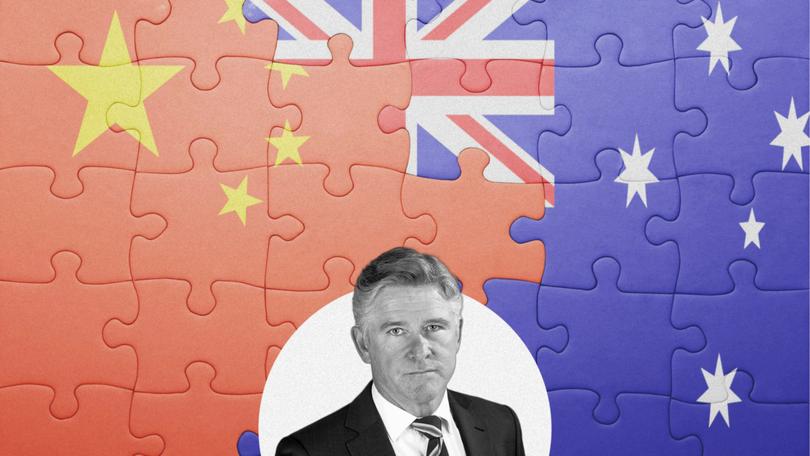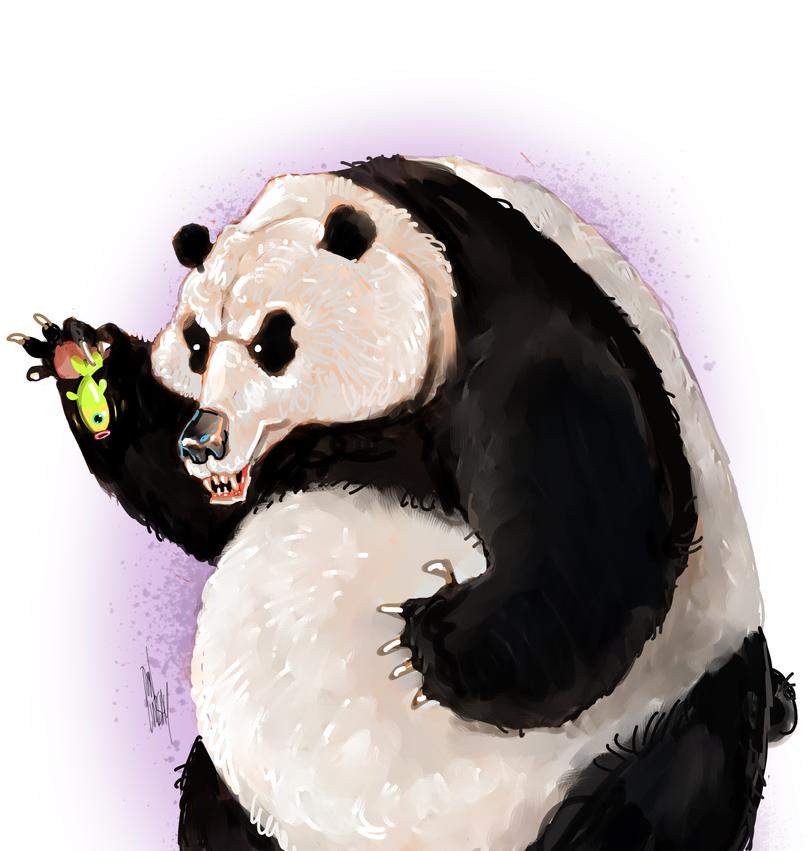MARK RILEY: It’s all about China. But can Australia get its fish while keeping clear of bear’s paw
MARK RILEY: An old Chinese proverb came to mind this week as the Federal Government made significant announcements on defence and the economy that both had obvious Beijing bearings.

An old Chinese proverb came to mind this week as the Federal Government made significant announcements on defence and the economy that both had obvious Beijing bearings.
It comes from the Warring States philosopher Gaozi: “One cannot have both the fish and the bear’s paw”.
But that is exactly what Australia is trying to do.
Sign up to The Nightly's newsletters.
Get the first look at the digital newspaper, curated daily stories and breaking headlines delivered to your inbox.
By continuing you agree to our Terms and Privacy Policy.The fish in this analogy is the rich Chinese market that has helped keep the Australian economy afloat over the past three decades.
And the bear’s paw is China’s growing strategic objectives and its increasing military activity in the South China Sea.
Australia wants the fish but at the same time, we’re also trying to prevent the bear’s paw from attacking us.
Defence Minister Richard Marles dispensed with the usual bunkum about our defence policy not being about any one country.
Refreshingly, he just came out and said what every Australian knows.

It is all about China.
“China has employed coercive tactics in pursuit of its strategic objectives,” he said, adding that “our environment is characterised by the uncertainty and tensions of entrenched and increasing strategic competition between the United States and China”.
Right on cue, the Chinese Ministry of Foreign Affairs immediately dismissed this as another example of Australia’s “Cold War mentality”, insisting that Beijing “adheres to the path of peaceful development and steadfastly pursues a defensive national defence policy”.
That too, of course, was complete bunkum.
The increasing incidence of Chinese warships colliding with and otherwise intimidating Filipino and Japanese vessels in the South China Sea proves that.
It is also the reason behind the fundamental shift in Australia’s new official defence strategy away from land fighting vehicles for use in distant conflicts and towards air and sea capabilities to defend our own shores.
It is a strategy properly headlined by the AUKUS nuclear-powered submarine program devised by Scott Morrison.
It is expensive. Indeed, hideously expensive. But it is necessary to protect against the possibility that the bear’s paw may one day take a swipe at us.
At the same time, our access to fish has improved markedly in recent months as China has progressively removed its barriers to about $22 billion of annual trade in Australian beef, barley, wine and seafood.
But there are fresh concerns this week that the fish itself is shrinking.
In a furious round of 19 meetings over two days in Washington, Treasurer Jim Chalmers is hearing from the West’s leading economic analysts that China’s property market collapse is smashing its growth forecasts for the next several years.
That is bad news for a Treasurer who is looking to guide the domestic economy through what he hopes will be the final phase of a destructive inflationary cycle.
In ordinary times, Australia would rely on China’s voracious appetite for our mineral resources to see us through that challenging period of economic recovery.
China buys about a third of Australia’s total exports, making our economy heavily reliant on Beijing buyers.
But the World Bank, International Monetary Fund and others now say the short-term outlook for China is grim, predicting the lowest rates of economic growth since the 1970s.
Chalmers said yesterday that “the slowing in China has been a big feature of our discussion as we put the Budget together”.
That Budget is now just over three weeks away. And Chalmers suggested it was likely to predict three consecutive years of a Chinese growth rate with a “4” in front of it.
For most developed nations, that would be a good outcome.
For China, it’s insipid.
Its average rate of growth over the past 10 years has been close to double that at 7.9 per cent.
That suggests that while Australia continues with reforms to avoid the bear’s paw, it might have to start looking for its fish elsewhere.
Mark Riley is the Seven Network’s political editor.

